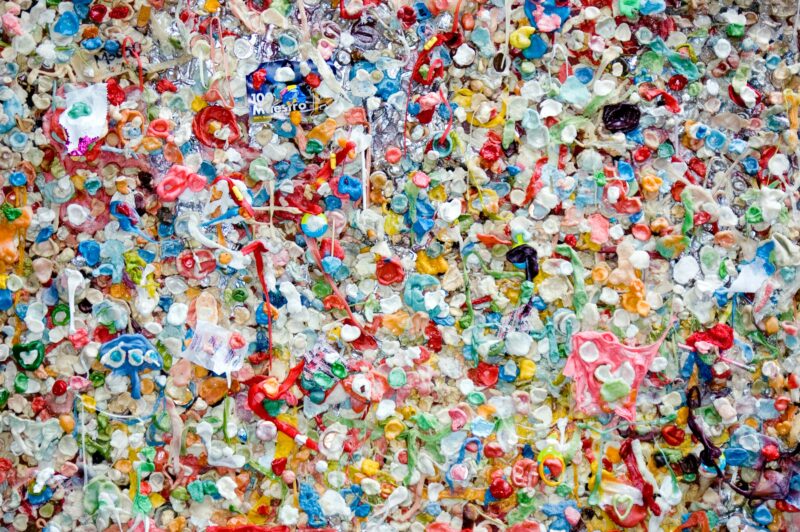In our 18+ years of operation Square Holes have worked extensively across the education sector, from early childhood to tertiary education, public and private and within government.
We have assisted in helping to refine brand and marketing strategies, guide engagement, deliver key insights to underpin new programs for leading institutions, and advise on strategic plans for clients such as Catholic Education South Australia, TAFE SA, University Senior College, SACE Board, History Trust of South Australia and the Department of Education to name just a few.
Through our work we have witnessed the shifting priorities of the sector as it reacts to ever evolving technological advancements and seeks to provide an inclusive and holistic experience for their students. During this time, we have uncovered and delivered countless insights, but below we share three key ones from our deep dives.
Belonging is key to a successful school experience
Throughout our work in the Education sector, belonging continues to present as a key component in the learning environment for both students and their parents. Many of the young people we have interviewed over the years have pointed to a greater sense of belonging and feeling like a part of a community in their early school years, where curiosity and connection are encouraged through hands-on, play focused learning. As schooling becomes more geared towards graded outcomes in the progression into high school years, respondents noted a drop in their enthusiasm towards learning. Belonging was also a key driver for parents in the selection of schools, as well as when making the decision to move school environments for their child.
“What is clear from the countless discussions and data we’ve collected, is that decisions around education are highly personal and largely dictated by the needs of each individual child, with every family maintaining their own priorities. Parents and children alike often find it difficult to describe ‘what makes a good school’ and whilst ‘the school being a good fit for my child’ is a primary motivator for school selection, this can be hard to define. Yet, what unifies a lot of the work we’ve conducted is that sense of community and belonging being critical to a successful education experience. How children connect with their environment and overall comfort to engage and learn are often key indicators,” says Dylan Jacob, Square Holes Senior Research Analyst.
Standardised testing vs lifelong learning
Another key theme that emerged from a number of our studies over the years is an exploration of the intended outcome of education in Australia. Does it simply exist as a vehicle to arrive at a career post schooling? Or is it about fostering a lifelong passion and curiosity to learn? This philosophical question generally boils down to the debate around standardised modes of testing or content-focused curriculum vs a refocusing withing classrooms on a more holistic developmental progression focused model. Throughout our studies, teachers and education leaders alike have called for a fundamental shift from content focused learning to building self-reflective, critical thinkers via a more nuanced whole child approach that takes into consideration individual skills, dispositions and capabilities. This includes a desire to expand student competencies together with core literacy and numeracy to nurture critical thinking and creativity, so that students are better prepared for the adult world.
“There can be a danger for governments to take too narrow a view of what defines ‘good education.’ This may come in the form of seeing school, particularly high school, as just the path to specific critical jobs in the future, and with this make potentially subjective short term views of what subjects hold more or less value. For example, in the eyes of the government STEM is critical, as is entrepreneurship, yet history and music much less so. Feedback from our research is that schools should be building critical thinkers able to be resilient to changing employment opportunities. This includes creating well-rounded, holistic people capable of critical thinking with deep curiosity to solve future challenges we cannot even imagine today as AI and other changes have an increasing unpredictable impact,” says Jason Dunstone, Square Holes Managing Director.
The future is now
Conversations around hybrid learning (online and offline), as well as the emerging impact of AI developments on the future of education have been growing since the pandemic forced the sector to adapt overnight. Predominantly, educators and education leaders are open to these modes and tools but see them as acting as complimentary to current education systems, not replacements. However, it was understood that these developments will put further strain on already overloaded teachers if additional support staff and training isn’t factored in. A balance between technology and community is still advocated for, with the understanding that the digital natives that fill their classrooms already spend so much of their time in virtual worlds.
“There is no question that education is ever evolving, and improving. Much of the complexity is around what’s next? One trend we have observed is that there is increasing expectation and strain placed on teachers to not only to do their core role, educating students, but an increasing role in a growing list of administration and other distractions to the day to day of actually teaching. By and large teachers love what they do. They can feel unappreciated and overwhelmed, with the requirements ever changing. How AI and other technology will impact teaching is complex and teachers are generally welcoming. Diverse skill levels and philosophical debates as to how to achieve the best learning outcomes is ever present, and ensuring that the technology does not deflate the academic, mental health and wider consequences,” says Dunstone.
To learn more about Square Holes work in the Education sector, and other specialist areas head here.
Need insights for your organisation? Contact us here.



